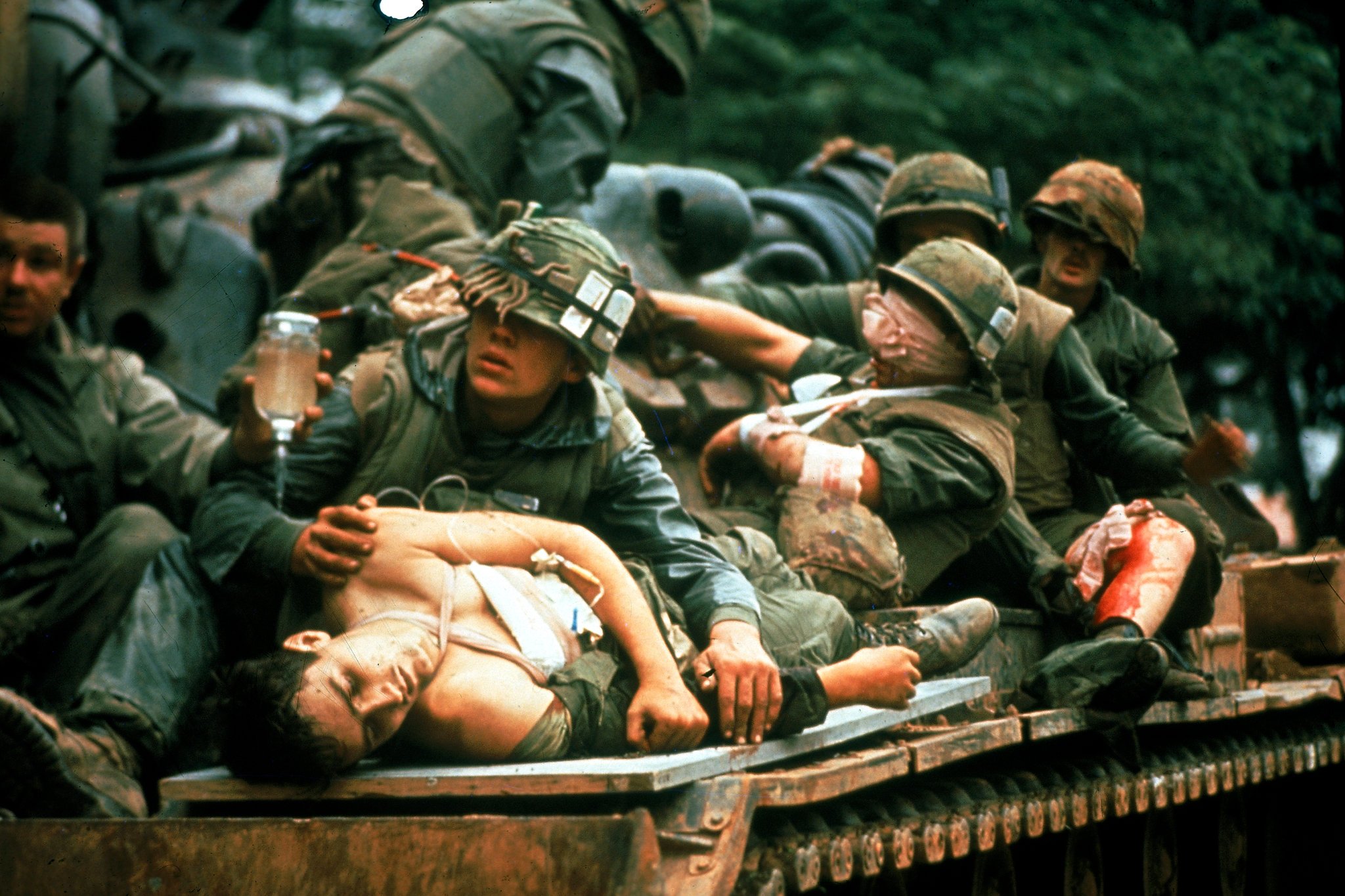
spring is over and will never return… by winter we will know all - ludvik vaculik
i. On the brink
1968 was a year of revolution. In twelve months, a series of great disruptions threatened the domestic stability of the Cold War powers. Leadership in the US and USSR abandoned the post-war path to nuclear annihilation, establishing a new system of international politics that persists today. The first part of this series evaluates leadership behavior before 1968 and the doomed policies that backfired violently in 1968. What framework did the 1961 Vienna conference protect? Why did the promise of the 1960s sour?

the vietcong did not win by a knockout… but neither did we - walter Cronkite
II. Desperation tactics
The Tet Offensive shattered the promises of JFK’s frontier foreign policy and catalyzed a public outcry against LBJ’s commitment to the Vietnam War. The Tet crisis shattered any appearance of domestic stability in the United States. This video presents the media’s role in provoking panic within the White House. For a country already gripped by the civil rights movement, the violent extension of the Vietnam conflict in early 1968 forced LBJ’s resignation and triggered a new era of US foreign policy.

III. The Brezhnev Doctrine
While the US mended the wounds of Tet, the USSR prepared to launch the largest invasion on European soil since the end of WWII. The Prague Spring, initiated by Alexander Dubcek’s “Socialism with a human face,” allowed criticism of the communist project and liberated freedoms of speech and expression. However, Ludvik Vaculik’s “The 2,000 Words” proved the limits of the Prague Spring, as his call to action provoked the first and only implementation of the Brezhnev Doctrine. This video asks what threatened Brezhnev to violently crackdown on a peaceful nation? How did the Prague Spring prove the failure of Khrushchev’s predictions at the Vienna conference?

we still don't know how to put morality ahead of politics - vaclav havel
IV. The Great disruption
History Accelerated concludes on a somber note of consideration. The behavioral effects of 1968’s disruptions appear evident in comparing JFK and Khrushchev’s Vienna summit with Nixon and Brezhnev’s Moscow meeting a decade later. Yet an important question remains. Does the spirit of ’68 still dominate the globe’s political order? Mass surveillance of domestic populations, ineffective and meaningless protests, and the fraternity of diplomats in Brussels and New York show this spirit is alive and well. However, Putin’s invasion of Ukraine, the Trump phenomenon, and the pandemic give reason for pause. The final video replaces a previous conclusion with a series of considerations on how we may be living through a new series of disruptions that will realign the political establishment once again.